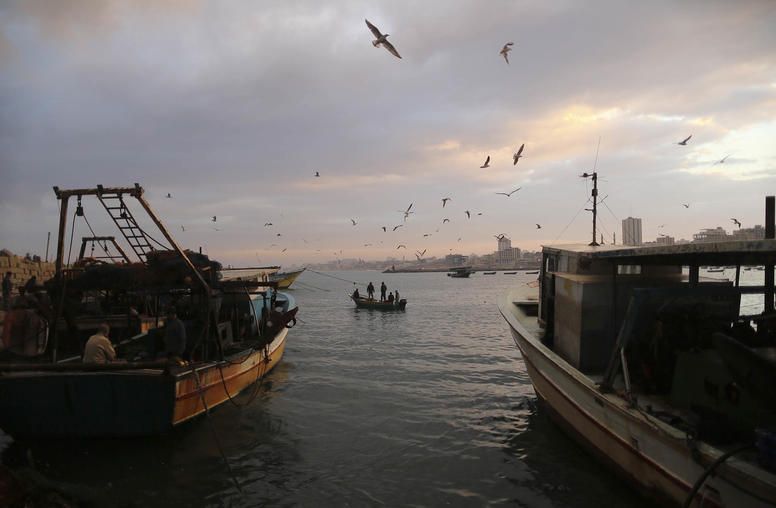Internal Security Agencies in North Africa
USIP’s Bob Perito discusses how internal security agencies must change in countries transitioning from authoritarianism to democracy.
April 28, 2011
USIP’s Bob Perito discusses how internal security agencies must change in countries transitioning from authoritarianism to democracy.
- In North Africa, reform of internal security agencies is critical to successful transitions to democracy. What is the role of security sector reform in transitions from authoritarianism? Why is it important?
- What lessons from other experiences in security sector reform are relevant for North African nations?
- What are the main challenges associated with the successful reform of security sectors in North African states? What benchmarks should we have in mind to help us determine success?
In North Africa, reform of internal security agencies is critical to successful transitions to democracy. What is the role of security sector reform in transitions from authoritarianism? Why is it important?
Establishing democracy in the transition states of North Africa requires reforming their powerful militaries, predatory police forces, and ruthless intelligence services. Militaries must be right-sized and refocused on external defense. Police forces must become police services that enforce the rule of law. Intelligence agencies must trade covert internal operations for analysis of external threats. These institutions must be brought under effective civilian oversight by an elected executive and parliaments empowered to scrutinize budgets and the selection of senior security personnel. This transformation process will be difficult and in some cases prolonged, but it is essential to preserve the gains achieved through popular demonstrations. A recent Egyptian military tribunal’s three-year sentence of a blogger for insulting the military is an example of how quickly progress toward democracy can be reversed unless security sector reform is actively pursued.
What lessons from other experiences in security sector reform are relevant for North African nations?
Comprehensive security sector transformation programs have proven effective in prioritizing, sequencing, managing, and implementing democratic change. In Eastern Europe, for example, programs led by the European Union with the support of the U.S. helped guide the transformation of authoritarian regimes into democratic governments with security institutions that eventually met the requirements for membership in European institutions. This was done under the leadership provided by newly elected governments with the support of experienced international advisors and coordinated political engagement from foreign donors and international organizations. These experiences are relevant under current circumstances given the historic influence of the Soviet Union on the security institutions of Egypt and other regional governments. The U.S. and the European Union can work together to assist regional states by developing common objectives with local leaders and establishing joint frameworks to provide assistance.
What are the main challenges associated with the successful reform of security sectors in North African states? What benchmarks should we have in mind to help us determine success?
The major challenge to successful security sector transformation is identifying local leadership and achieving ‘local buy in.’ The transformation process is aided by truly democratic elections that install leaders who can speak authoritatively on behalf of their constituents. Legitimate governments can assist the international community by providing critical guidance on the direction and the content of the reform process and by evaluating the results. In North Africa the reform challenges differ between states. In Egypt, the military has enormous influence, vast power, and considerable public support. In Tunisia, the military is small, excluded from political power, but also well regarded. In Libya, the challenge will be to rebuild the military at the end of the civil war. In all of these countries, the interior ministries, police, and intelligence services are similar in the sense that a major transformation will be required to make these institutions conform to international standards. The major challenge will be to encourage the emergence of national leaders that are truly representative and able to speak on behalf of their people.
Explore Further
- Eye on the Middle East and North Africa: Experts from the U.S. Institute of Peace (USIP) are closely following developments throughout the Middle East and North Africa. In a series of reports and interviews, they cover a wide range of issues.



